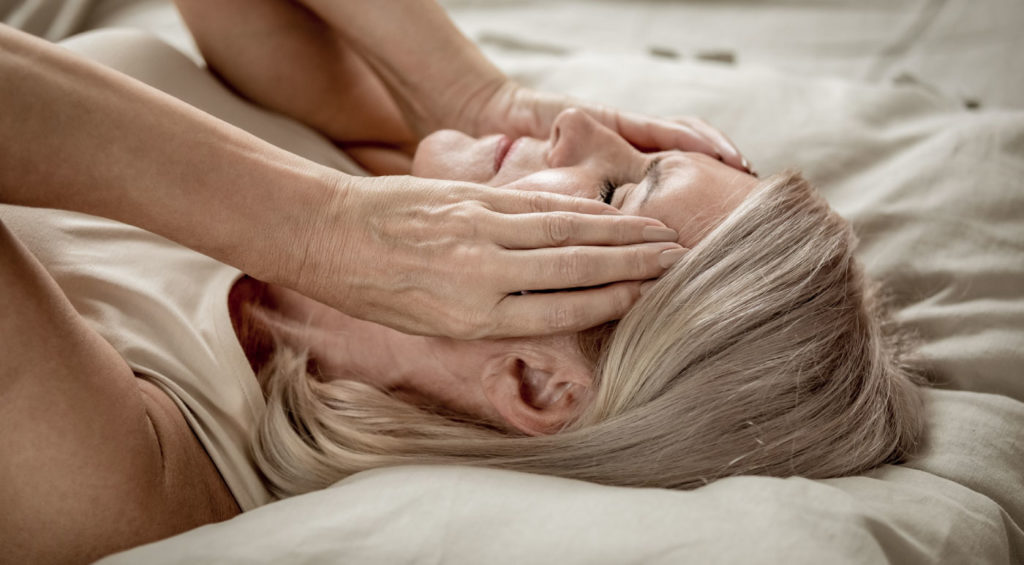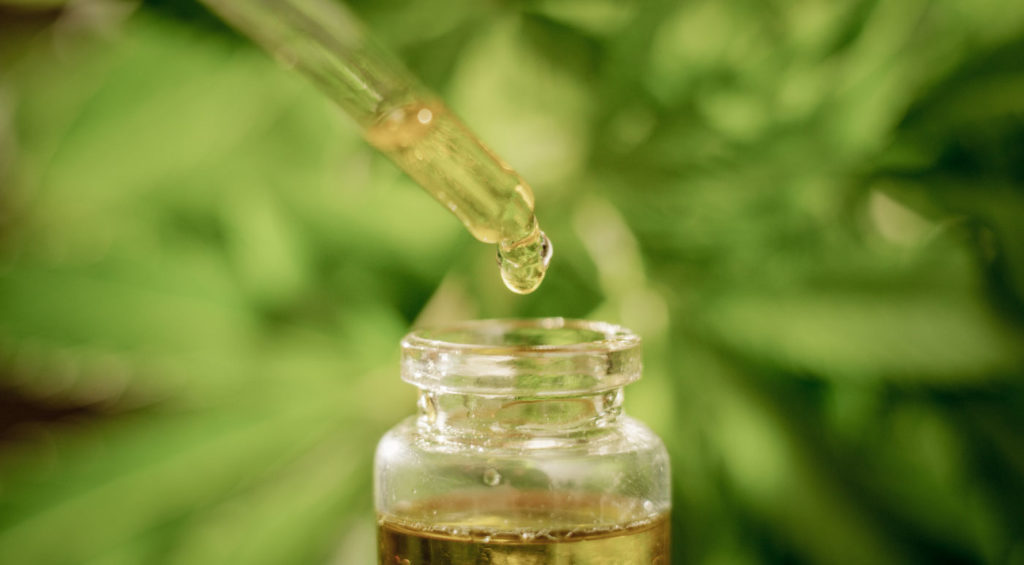
Menopause is a stage of life all women eventually face, and it comes with a barrage of unpleasant symptoms that seemingly are an inevitable feature of this transition. However, many of the symptoms associated with menopause can be alleviated by the plant-derived compound cannabidiol (CBD).
Less drastic than hormone replacement therapy (HRT) or certain pharmaceutical interventions, CBD may provide a natural means to help you find relief from menopause complications.
Table of Contents
- Why Use CBD for Menopause?
- What Is Menopause?
- What is CBD?
- CBD and Osteoporosis (Bone Loss)
- CBD and Sleep
- The Low Down
Why Use CBD for Menopause?
Every woman has a different experience with menopause. She may have some symptoms but not others, and they may be mild or severe. Though CBD is not guaranteed to help manage menopause symptoms, our current knowledge of it indicates it could be quite beneficial for some women.
High-quality CBD comes in many forms, so you can choose the best way to take it for your menopause symptoms. If you have pain in specific joints, a CBD-infused cream can be a good choice. If you have symptoms of depression, a tincture or capsules might be a suitable option.
With a very mild side effect profile, it is a relatively safe alternative or addition to more stringent therapies. As always, talk to your doctor before taking CBD for menopause or for other reasons.
But let’s talk a little bit about what menopause and CBD are, so you can see whether using CBD for menopause may be the right choice for you.
What Is Menopause?

When a woman reaches menopause, her ovaries have essentially depleted their egg reserves. This depletion leads to a decrease in estrogen. Estrogen is a hormone that’s needed to regulate multiple functions in the body in both men and women. A decrease in this hormone causes symptoms such as:
- Hot flashes (sweating)
- Osteoporosis (loss of bone density/pain)
- Vaginal dryness
- Insomnia (fatigue)
- Depressed mood
Current therapeutic approaches for menopause include:
- Topical estrogen cream for vaginal dryness
- Hormone replacement therapy (HRT) like continuous estrogen for hot flashes and bone loss
- Venlafaxine (an SNRI, or “serotonin norepinephrine reuptake inhibitor”) for mood symptoms
Cannabidiol (CBD) products such as oils, edibles (including tasty gummies), and topicals seem to help manage some of the menopausal symptoms that women experience. Let’s look at why!
What is CBD?
Cannabidiol (CBD) is a non-psychoactive molecule in the plant Cannabis Sativa. It is a type of cannabinoid that can bind to and activate major receptors in our endocannabinoid system. When it binds to cannabinoid receptors, it causes cells in our nervous system and immune system to function a specific way.
Unlike tetrahydrocannabinol (THC), CBD does not have psychoactive effects and does not cause a high. Because of this, CBD is now being used by many people as a therapeutic option to help them manage a variety of conditions—and many women are turning to CBD for menopause.
CBD and Osteoporosis (Bone Loss)
Recent discoveries have shown that the endocannabinoid system (ECS) can have an impact on bone health. The ECS is a system of molecules, including cannabinoids like CBD and THC, and the receptors they attach to in the cells in our bodies. Though not fully understood, there appears to be a link between the ECS and the cells that maintain our skeletal structures (osteoblasts and osteoclasts).
CBD can support bone formation by binding to and activating osteoblasts, while helping slow down bone destruction. This means that CBD may be an important aid in managing bone loss seen during menopause. As our understanding of the endocannabinoid system evolves, perhaps CBD will one day be used to help with osteoporosis and osteopenia.
CBD and Sleep

Hot flashes and hormone dysregulation can make for a hard night’s rest. Many women have difficulty falling or staying asleep as they go through menopause. The sleep benefits of CBD could be a good way to naturally overcome insomnia and restlessness that often accompany menopause.
Your sleep cycle is one of the bodily functions the ECS regulates. Though we don’t know entirely how it works, we do know that activation of cannabinoid receptors leads to sleep induction, which can help you fall asleep easier.
Indeed, many studies have shown that activation of cannabinoid receptors in the brain can alter your sleep patterns. CBD helps in this way by reducing wakefulness and arousal and promoting time spent sleeping. This is perhaps why many users report better quality sleep when they take CBD.
The Low Down
Products containing CBD oil derived from the industrial hemp plant, and containing less than 0.3% of THC are federally legal throughout the U.S. and in many other countries as well.
We are still learning about all the ways CBD can affect the body and how it works, but we do know that it does help many people manage the symptoms of a wide variety of conditions, ranging from pain to anxiety, and it is safe to use and has few side effects.
The FDA does not regulate CBD products, so it’s important to choose products made by companies that use third-party testing to verify the purity and potency of the CBD they contain.
If you’re looking for a natural therapy to help manage your symptoms, using some form of CBD for menopause relief is worth investigating.
